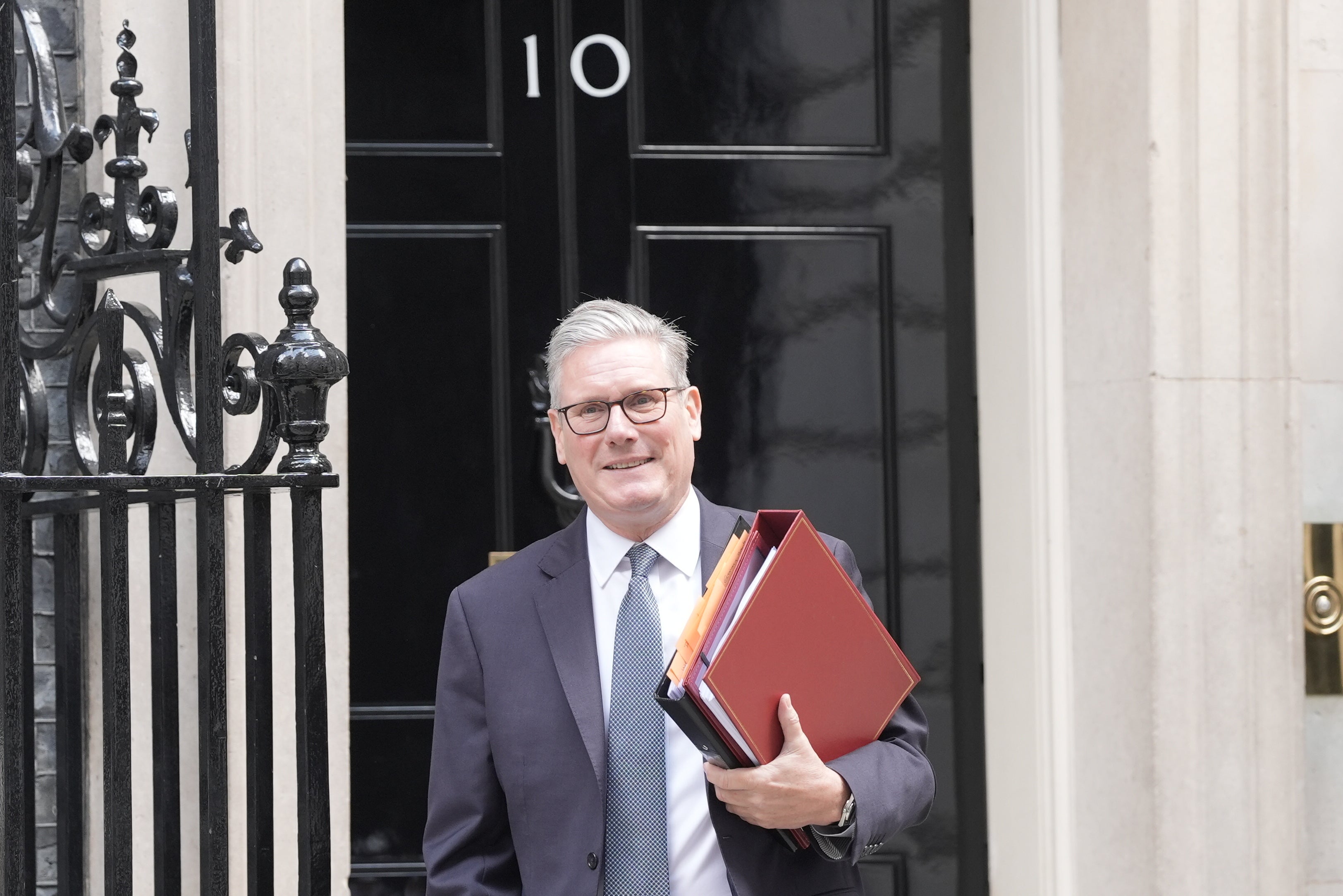Sir Grant Shapps has said he was “surprised” the superinjunction to keep the huge Afghan data breach secret was in place for “so long” – despite fighting to keep the gagging order in place.
Sir Grant defended the government’s decision to hide the catastrophic leak, which resulted in 16,000 affected Afghans being evacuated to Britain, with some 8,000 still to come from the public, arguing the decision saved lives.
Breaking his silence days after the data breach was revealed to the public, the former defence secretary told BBC Radio 4’s Today programme that “I’d thought that it was probably going to come to an end last summer, the autumn perhaps at maximum”.
But, The Independent can reveal that despite the judge in the case agreeing to lift the order last May, the Ministry of Defence (MoD) – which Sir Grant was responsible for at the time – insisted it needed to remain indefinitely.
The government’s barrister told the Court of Appeal in June 2024 that “there is no particular moment at which [the superinjunction] ceases to be appropriate”.
It comes as the chair of the Intelligence and Security Committee (ISC), Lord Beamish, said Sir Grant has “serious questions to answer” over his insistence that it was right to keep the MPs and peers in the dark over the breach.
Sir Grant said the influential committee was not told about the leak because “from time to time, things which are supposed to be secret, once they get out to more people, cease to remain entirely secret”.
Responding to his comments, Lord Beamish said: “This is an incredible revelation and shows Shapps’ ignorance of the law and arrogance in bypassing the parliamentary committee to be able to deal with these types of situations.

“He has some serious questions to answer around why the information was withheld”
Sir Grant told the BBC: “You can argue that actually that circle should be wider, but in the end, the number one priority was to make sure that we protected lives and people weren’t murdered.
“It’s a pretty stark decision to make, and the more you open that up, the more likely that is.”
He claimed that “the public understands that there are times where you simply have to act in the most maximalist way.”
The breach, made by a Ministry of Defence official in February 2022, exposed the details of Afghans seeking an escape to the UK because they claimed links to British forces put them at risk of Taliban reprisals.
The blunder resulted in 16,000 Afghans affected by the data breach being evacuated to Britain, with some 8,000 still to come, and prompted an unprecedented two-year superinjunction preventing the publication of any details.
Now, defence sources have revealed that the names of more than 100 British government personnel, including MI6 spies, members of the SAS, MPs, government ministers and other senior military figures, were also exposed.
The latest revelations come after the defence secretary John Healey told MPs on Tuesday that “in a small number of cases, the names of members of parliament, senior military officers and government officials were noted as supporting the application”.

The chairman of the ISC said on Friday that there are “serious constitutional issues” raised by the Afghan data leak.
Speaking on BBC Radio Scotland, Lord Beamish said: “The Justice and Security Act 2013 introduced closed hearings into court for intelligence cases – the quid pro quo for that was to give the ISC the power to reassure, to be able to see the information legally, to reassure the public and Parliament that there was public scrutiny of the security services.
“Someone in government chose just to ignore that and go down the legal route, so I think there are serious constitutional issues here.”
Sir Grant said he would “do the same thing all over again”, including not telling the ISC. “I would walk over hot coals to protect those lives,” he said.
“It was just so sensitive that if anything had got out at all, it would put those lives at risk,” he added.
Sir Grant also hit out at Labour, arguing that he believed the superinjunction would be lifted sooner and that it “was in place longer under the current government than it was under us”.
Sir Keir Starmer has said he was “angry” when he found out about the data breach and that Tory ex-ministers have “serious questions to answer” about the scandal.


